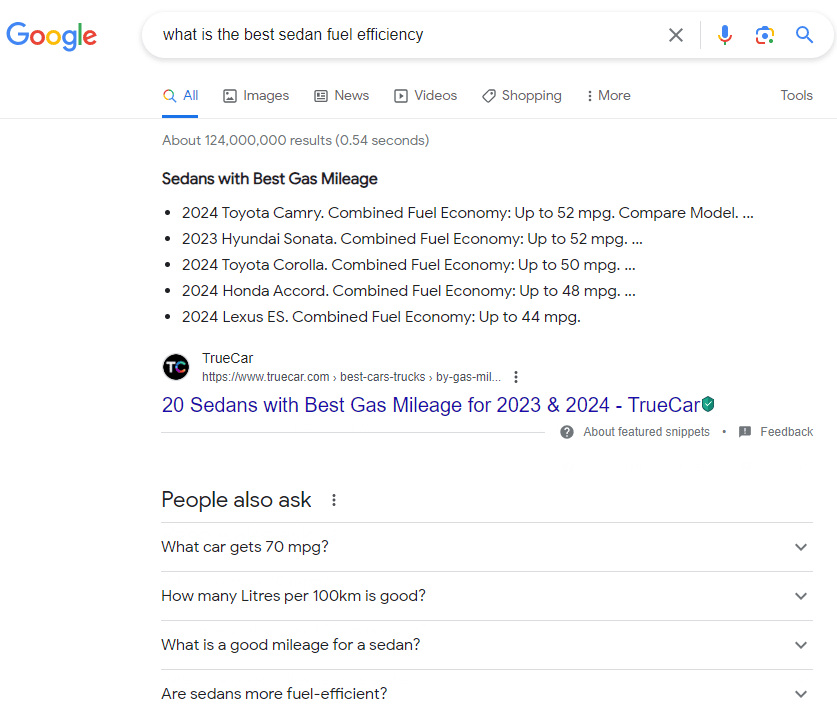What Does Google Hummingbird Mean for SEO?
Much More than Just An Algorithm Update!
If you’ve been wondering about Hummingbird SEO, consider this; Google’s Hummingbird was more than just another algorithm update!
This new algorithm marked a significant shift in how intuitive Google has become in terms of search. This has also forced website owners to better understand how search has changed and how to engage with users honestly and deliver genuine value.
As SEO and search engines change, staying flexible and prioritizing the user has never been more important. Hummingbird SEO will have long-term implications for the future success of your online business.
The Importance of Google Voice Search
It’s amazing how ubiquitous voice search has become in such a short time.
Hummingbird SEO is a direct result of how search engines have changed to better understand natural speech patterns when people use voice search. That also means your website must now be optimized to answer those types of voice search questions.
Roger Montti from the popular SEO news website, Search Engine Journal, said it best:
“Google Hummingbird was a rewrite of Google’s algorithm that consciously anticipated the needs of searching on mobile devices, in particular by enabling conversational search. Hummingbird set the stage for dramatic advances in search.”
With that, in this post, our SEO experts here at 1st on the List will explore how Hummingbird has impacted SEO and how its principles continue to remain relevant.
What is Google Hummingbird?
Introduced in 2013, Google Hummingbird was a significant update to the search engine’s main search algorithm.
While updates like Panda and Penguin were more like filters for search results, Google Hummingbird completely overhauled Google’s search algorithm.
It made Google’s search better at handling natural conversational language searches (voice search).
Google Hummingbird aimed to understand the intent behind search queries, not just single keywords.
But why this shift?
With more people using voice searches and conversational queries, there was a need for the algorithm to interpret natural language and context to provide better, more relevant search results.
What Is Hummingbird SEO?
With the rise of Siri, Alexa, and Google Assistant, more people are using full sentences in their voice queries, making searches more conversational. In essence, fewer people are typing keywords into the search engines.
Reading the natural tone of the language in a voice search, Hummingbird can now understand the search context and is fully aware of the user’s location.
For example, instead of typing “sedan fuel efficiency” into a browser, you can be more specific and conversational with your voice search.
You could ask, “What is the best sedan fuel efficiency?” and it would give you more direct, relevant results.
Hummingbird SEO attempts to accommodate this shift in language, putting importance on:
- Optimizing websites for voice and conversational search queries.
- The meaning behind complete sentences.
- Weighing the context of individual words.
Voice Search & Conversational Queries
As previously mentioned, voice searches are completely transforming our online interactions.
Search queries can be easily made using one’s voice rather than typing into a search bar. Typically, this is done through digital assistants like Google Assistant, Siri (Apple), Alexa (Amazon), and Cortana (Microsoft). The search queries are phrased naturally, and conversationally, and offer a hands-free approach.
Voice search is a more natural, intuitive way of seeking information, and businesses need to understand Hummingbird SEO and adjust their online strategies to cater to this new era of search.
How Does Google Hummingbird Work?
Let’s say that you asked, “Where’s the nearest place to get coffee?”
Instead of homing in on “coffee” alone, Google Hummingbird considers the entirety of your question and its context (like your current location) to return results for coffee shops closest to you.
The Hummingbird update introduced several changes that reshaped the ways we approach content and website optimization.
Understanding Search Intent
Google designed Hummingbird to better understand users’ true intentions when they entered a voice search query.
Highlighting Conversational Searches
Hummingbird focuses on each word of the search and conversational tones.
Less Emphasis on Keywords
While keywords still matter, the Hummingbird update shifted from the quantity of keywords (2-word, 3-word, and long-tail keyword phrases) to the quality of content within the voice search. Hummingbird SEO content still needs to be unique and follow white-hat SEO practices.
Mobile Optimization
The Google Hummingbird update further emphasized having a mobile-friendly website design.
Google Hummingbird has forced websites to prioritize quality content that genuinely meets user’s needs. Websites must be mobile-friendly and optimized to address the conversational way people ask questions.
Websites and businesses need to understand that with Hummingbird SEO, there must be a shift in the optimization strategies they implement.
What Changes Can You Make in Response to Hummingbird?
To stay ahead, you need to start thinking in terms of Hummingbird SEO and adjust your optimization strategy according to the requirements of this major algorithm change.
Understand Your Audience’s Intent
Instead of targeting keywords, research the questions and problems your audience has and address those when optimizing your website content.
Optimize for Mobile
Ensure your website is mobile-responsive and user-friendly. Consider the user experience on various handheld devices.
Utilize Structured Data
Help Google understand the context of your content with Schema markup.
How Hummingbird SEO
Changes the Way You Write as a Content Marketer
To resonate with today’s users, consider the following:
- Write Naturally – Use a conversational tone. Think about how people speak when making a search query and not how they would type the query into a search bar.
- Go Deep into Topics – Instead of skimming the surface with short articles targeting specific keywords, create comprehensive content that solves a problem and fully addresses a topic or question that is being asked.
- Stay Relevant – Is your content offering value? Keep your content relevant to the user’s intent. Avoid fluff and always strive to provide genuine value.
- Engage with Your Audience – Are you truly listening to your audience? Use feedback, comments, and social media insights to understand your audience’s wants and tailor your content accordingly.
Conclusion: Hummingbird on SEO & the Impact of Voice Search
Has SEO become more human-centric?
Google Hummingbird was much more than just an update; it changed the way search engine optimization works. Website owners must now think in terms of Hummingbird SEO.
Instead of focusing on single keywords, Google Hummingbird made us think about the real people behind search queries. It emphasizes creating unique content with a natural conversational tone aligned with search intent.
As voice searches and conversational queries continue to grow, it’s clear that understanding and adapting to user needs is essential.
At the heart of SEO is the desire to connect with people, answer their questions, and meet their needs. So, have you already started implementing Hummingbird SEO?
Google’s algorithm shifts can leave even the best of us feeling dazed. Now Google has recently introduced the Search Generative Experience (Google SGE), which will revolutionize online search beyond the capabilities of traditional algorithms.
To learn more, please reach out to us. 1st on the List is here to help.
Contact our team of SEO experts today!
Or call us toll-free at 1-888-262-6687





